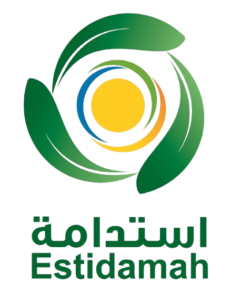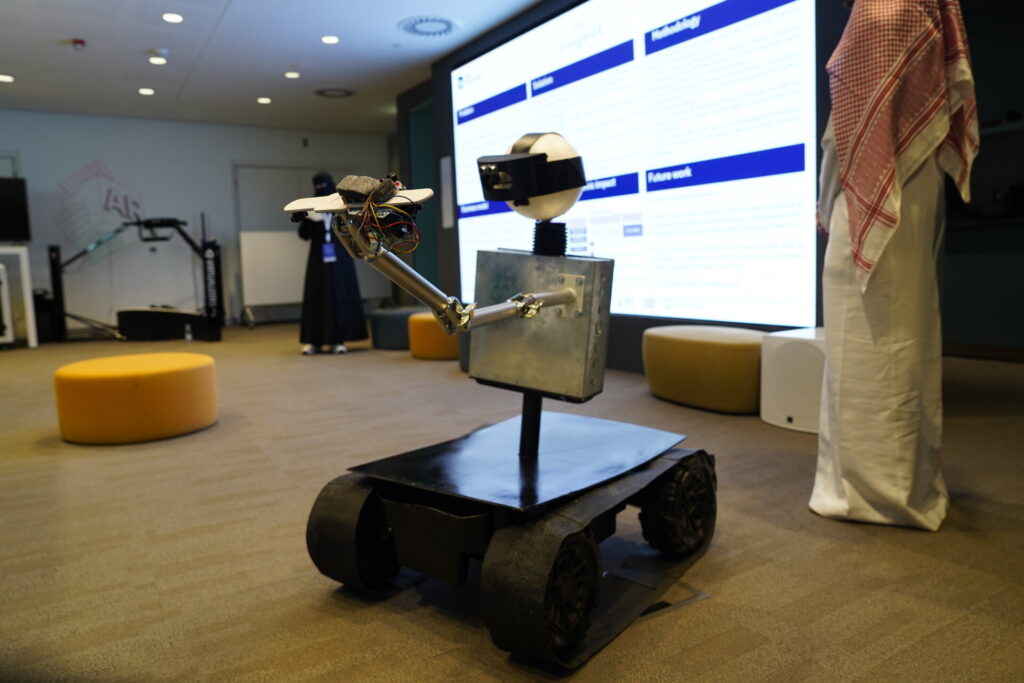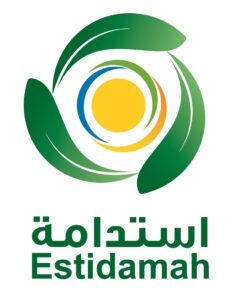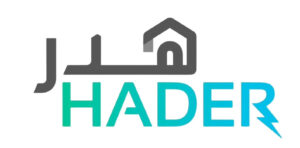Your idea creates
impact
About GSR Hackathon
The GSR Hackathon 2026 is where ideas meet action.
As part of the GSR Conference, it brings together some of the brightest young minds to tackle real-world challenges through creativity, technology, and teamwork.

Choose the Track

01
ENERGY TRACK
The Energy Track focuses on developing sustainable and resilient energy solutions for future cities. It explores renewable integration, smart grids, energy storage, and AI-driven optimization. Participants address real-world challenges, designing scalable systems that enhance efficiency, reduce emissions, and support the transition toward net-zero, smart, and sustainable urban environments.

02
SUSTAINABLE AGRICULTURE TRACK
The Sustainable Agriculture Track develops climate-resilient farming to ensure food security. It leverages agri-tech, AI, and precision farming to optimize soil health and irrigation. Participants design scalable strategies that increase productivity while minimizing water use and environmental impact.
Your Hackathon Journey
Team registration through the official platform, open to all interested participants.
Virtual mentoring and project development, with final submissions and team selection.
Final in-person stage at KFUPM, including judging and winner announcement.
What we are looking for
• A team of 3-5 members
• A Saudi Representative
• Age 18 years and above
• Eagerness to innovate

GSR Hackathon Awards
More than
Partners and Sponsors


FAQs
What is the duration of the GSR Hackathon?
The GSR Hackathon is divided into 2 phases an online phase and a physical phase where both phases will span 3 days. During the first 2 days in both phases team will continue working and developing their project and will benefit from the mentorship sessions that are offered to participants. In the last day for both phases team will present their ideas to the judging panel.
Is the GSR Hackathon virtual?
Yes it is virtual for the first phase and will be in-person next second and last phase.
Is attendance required at the GSR Hackathon venue?
yes, for both phases the attendance is mandatory for the team leader and at least two team members.
What are the participation criteria for the GSR Hackathon?
All team members should at least of age 18 and for team leader to be of Saudi National. Each team should consist of 3-5 members. The team shall select to address one of the hackathon’s challenges.
Is the GSR Hackathon limited to Saudi nationals only?
No, but the team member must be Saudi National.
